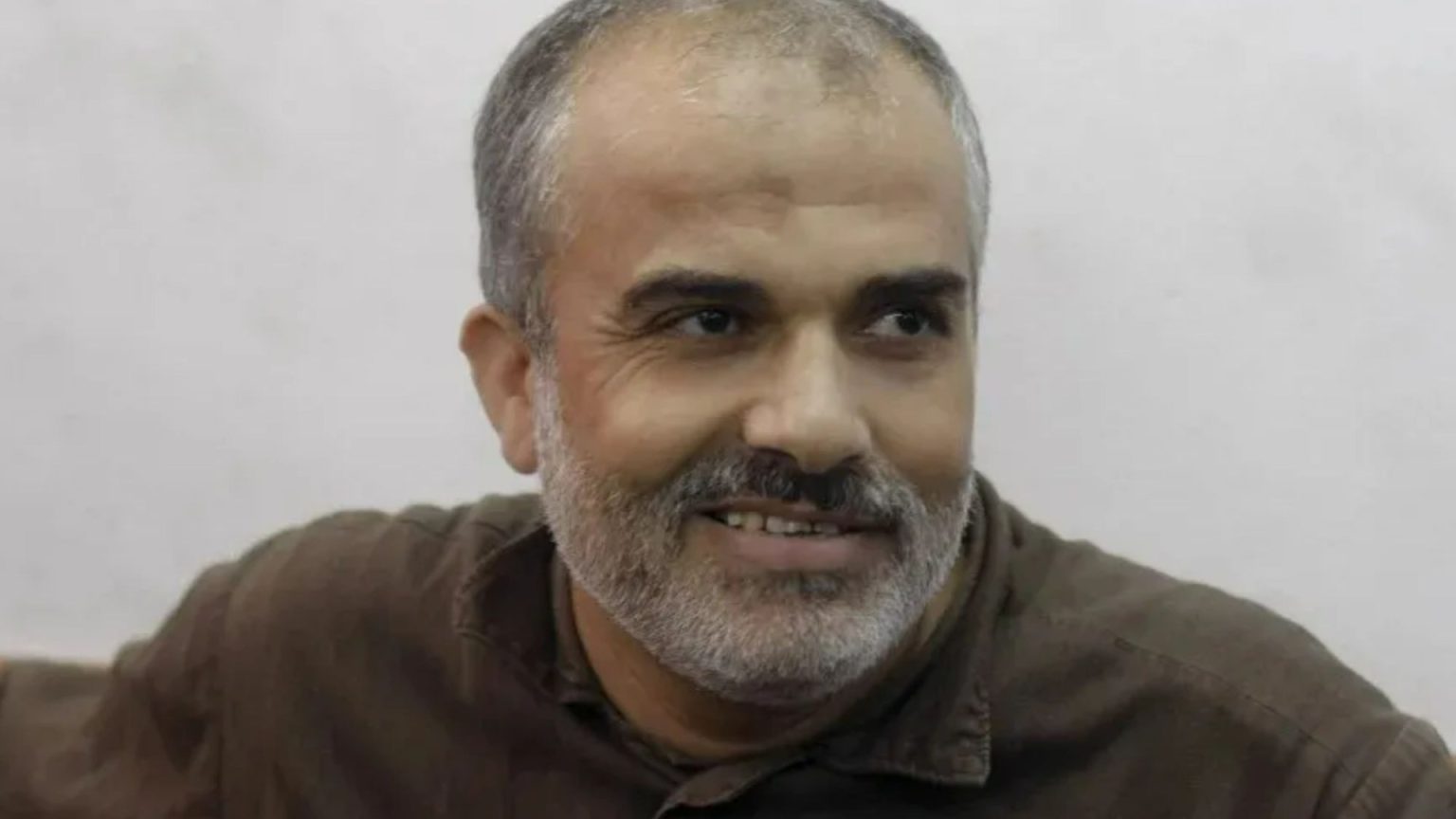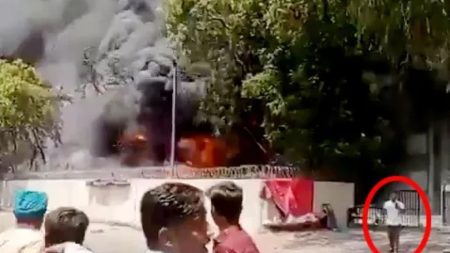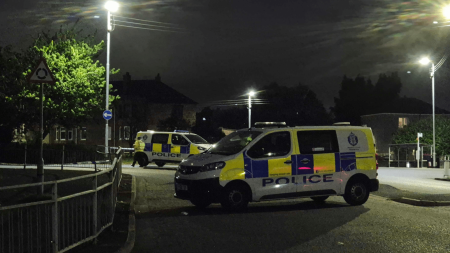Ibrahim Hamed: A Key Figure in the Israeli-Palestinian Conflict
Ibrahim Hamed, a prominent Hamas commander, stands as a central figure in the ongoing Israeli-Palestinian conflict. Orchestrating numerous suicide bombing attacks during the Second Intifada, Hamed was responsible for the deaths of scores of Israeli civilians. His most notorious act was the 2002 bombing of the Cafe Moment in Jerusalem, resulting in significant casualties. After an extensive eight-year manhunt, Hamed was apprehended by the Israeli Defence Forces (IDF) in 2006. Subsequent trials in a military court resulted in his conviction and a sentence of 54 life terms.
Hamed’s imprisonment has made him a significant bargaining chip in negotiations between Israel and Hamas. Following the October 7, 2023 Hamas incursion into Israel and the subsequent capture of Israeli hostages, Hamed’s name has resurfaced as a potential candidate for release. Hamas has reportedly demanded his freedom as part of ongoing ceasefire negotiations and prisoner exchanges. This demand highlights the complex dynamics of the conflict, where the release of convicted terrorists becomes a crucial element in securing the freedom of captured civilians.
The October 7th Attack and its Aftermath: A Turning Point in the Conflict
The events of October 7, 2023, marked a significant escalation in the Israeli-Palestinian conflict. Hamas’s cross-border attack resulted in the deaths of over 1,200 Israelis and the capture of approximately 250 hostages. This unprecedented attack triggered a fierce Israeli response, with the IDF launching a sustained military campaign in Gaza aimed at eradicating Hamas and retrieving the hostages.
The conflict has resulted in a devastating humanitarian crisis in Gaza, with thousands of civilian casualties reported. International calls for peace have been met with resistance from both sides, as Israel remains committed to dismantling Hamas, and Hamas continues to demand concessions, including the release of prisoners like Ibrahim Hamed. The war has also drawn in regional actors, further complicating the situation and raising concerns about a wider conflict.
Ceasefire Negotiations and Prisoner Exchanges: A Delicate Balancing Act
The recurring cycle of violence between Israel and Hamas has often involved ceasefires punctuated by prisoner exchanges. These exchanges are highly sensitive and complex, with both sides facing intense internal pressure regarding the terms of any agreement. The release of convicted terrorists, particularly figures like Hamed, is deeply contentious within Israel, raising concerns about future security risks.
The current ceasefire negotiations are particularly fraught, given the scale of the October 7th attack and the large number of hostages involved. The phased release of hostages in exchange for Palestinian prisoners underscores the delicate balancing act required to achieve even a temporary cessation of hostilities. The demand for Hamed’s release adds another layer of complexity to the negotiations, highlighting the difficult choices faced by both sides.
The Second Intifada and its Legacy: A Context for Hamed’s Actions
Ibrahim Hamed’s actions must be understood within the context of the Second Intifada, a period of intense violence and upheaval in the Israeli-Palestinian conflict. The uprising, which lasted from 2000 to 2005, was marked by numerous suicide bombings and other attacks against Israeli targets. Hamed’s involvement in these attacks cemented his position as a key figure within Hamas and a symbol of Palestinian resistance.
The legacy of the Second Intifada continues to shape the present-day conflict. The deep mistrust and animosity between Israelis and Palestinians stemming from this period make achieving a lasting peace agreement all the more challenging. Hamed’s potential release, therefore, carries significant symbolic weight, representing not only a concession to Hamas but also a reopening of old wounds for many Israelis.
The Humanitarian Crisis in Gaza: A Tragic Consequence of the Conflict
The ongoing conflict has inflicted immense suffering on the civilian population of Gaza. The Israeli military campaign has resulted in widespread destruction of infrastructure, displacement of families, and a severe humanitarian crisis. The blockade of Gaza further exacerbates the situation, restricting access to essential goods and services.
The international community has expressed grave concern about the humanitarian situation in Gaza, calling for an end to the violence and access for aid organizations. However, the complex political dynamics and entrenched positions of both sides have hindered efforts to provide adequate relief to the affected population. The ongoing conflict underscores the urgent need for a sustainable solution that addresses the root causes of the conflict and prevents further human suffering.
The Future of the Israeli-Palestinian Conflict: An Uncertain Path Forward
The future of the Israeli-Palestinian conflict remains uncertain. While the current ceasefire offers a glimmer of hope, the underlying tensions and unresolved issues persist. The demand for Ibrahim Hamed’s release serves as a stark reminder of the deep divisions that continue to fuel the conflict. Achieving a lasting peace will require significant compromises from both sides, a willingness to address each other’s legitimate grievances, and a commitment to building a future based on mutual respect and coexistence. The international community has a vital role to play in facilitating dialogue, providing humanitarian assistance, and working towards a just and sustainable resolution to this protracted conflict.











